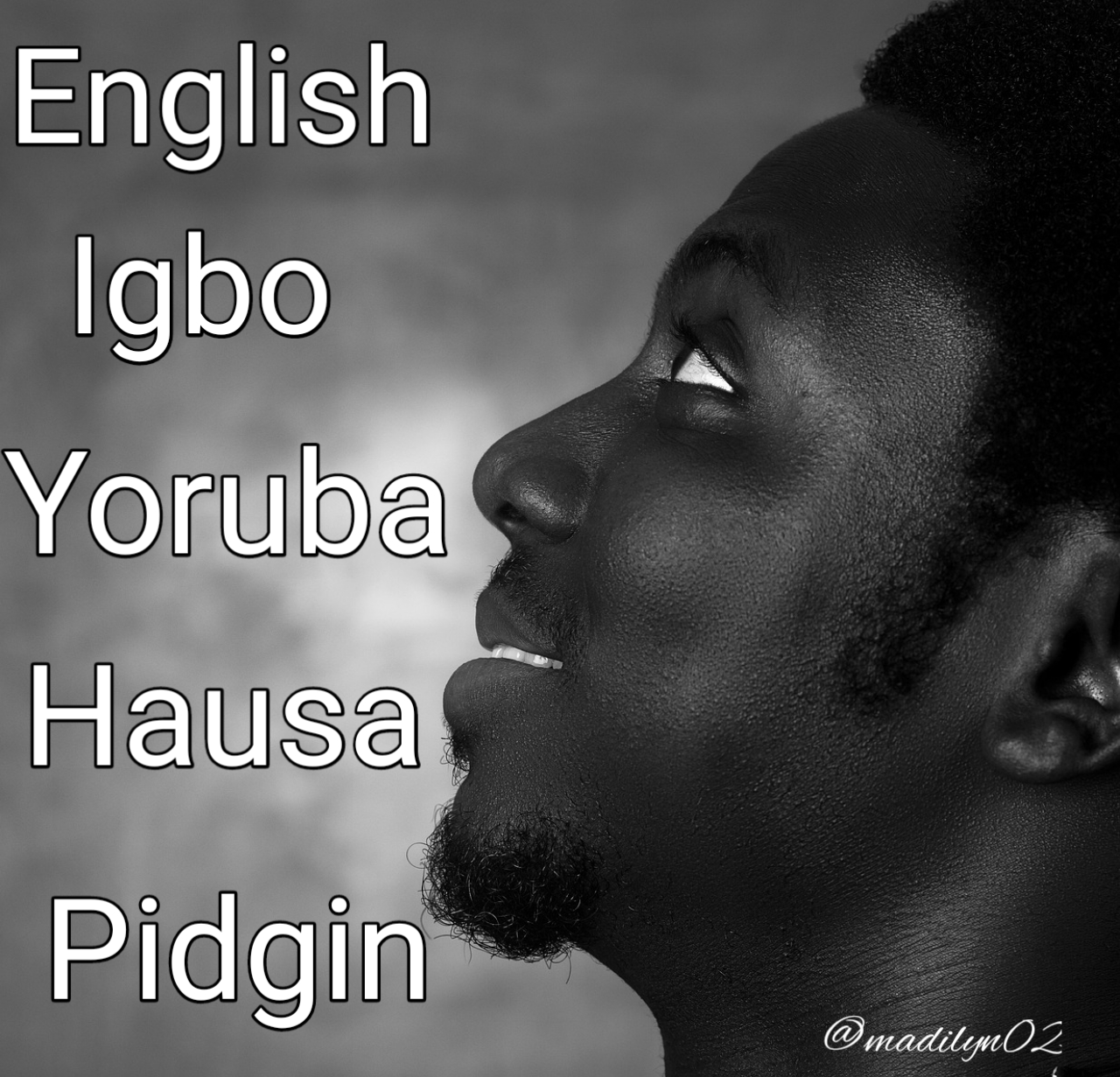 Image from Pixabay. Edited on pixelab
Image from Pixabay. Edited on pixelab
The diversity of language is a dynamic aspect of human culture. It is estimated that the total number of languages could be around 7,000, the number is not fixed and it can change due to some factors like new language identification or language extinction.
The variety of languages are really interesting, some countries have hundreds of languages. Let's take Nigeria for example:
Nigeria is a captivating example of language diversity. The country has over 500 spoken languages across its 36 states.
The languages most recognized are Igbo, yoruba, Hausa, Ibibio, Efik, and more...
But the three major ethnic groups in Nigeria are Igbo, yoruba and Hausa and these three languages are the highest spoken in the country.
Because of the variety of languages, we use English and pidgin for central communication. Everyone understands one or both of these two so they are used for general communication.
So below is a statistics of the major Nigerian languages and the number of speakers:
| Language | Number of Speakers | Geographical Distribution |
|---|---|---|
| Igbo | Over 40 million | Southeastern Nigeria |
| Yoruba | Over 40 million | Southwestern Nigeria |
| Hausa | Over 50 Million | Northern Nigeria |
| English | Official language | Nationwide |
| Pidgin | Over 4.7 million | Nationwide |
The varieties are super exciting. Having different languages makes Nigerian an exciting and more colorful place.
Learning any of the Nigerian languages is very exciting. For example the Hausa language, knowing how to speak Hausa can give you access to almost free items because the hausa people love anyone who speaks their language. When they hear you speak their language, they can give you a huge discount on goods you buy from them or even give you for free
Languages are like spices, they make the world a fun place, that is why learning a new language is also fun.
Thank you for reading to this point I hope you've learned something new!
See you next time 🤗

